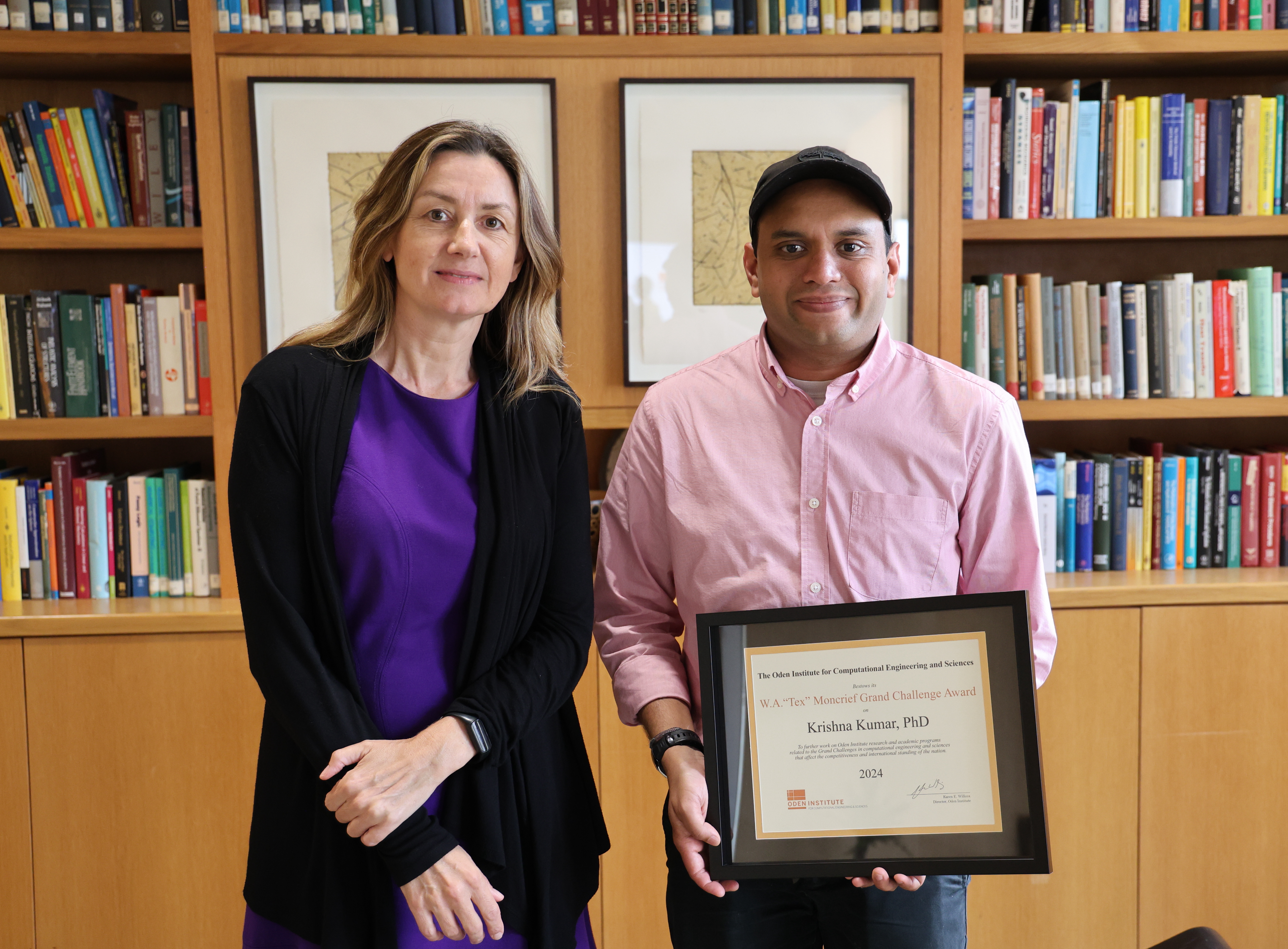Building a future where AI-driven solutions enhance construction, infrastructure, and education has long been a passion behind Krishna Kumar's research. Kumar, an assistant professor of civil, architectural, and environmental engineering at The University of Texas at Austin, shared insights into his work, how artificial intelligence (AI) is shaping the new generation of engineers, and why outreach programs are key to sparking that interest in young minds.
Over the years, Kumar, who is also an affiliated faculty member at the Oden Institute for Computational Engineering and Sciences at UT, has developed various outreach initiatives to engage young students in learning about AI. One of his projects is a coding camp in collaboration with the Austin Public Library (APL), where kids aged 7-12 learn how AI works, but more importantly, they discover how it can sometimes fail.
In the camps, students learn to build their own algorithms, such as convolutional neural networks (CNNs), which Kumar uses as a teaching tool. “I want students to understand the explainability part of AI,” he says, noting that AI models, while powerful, are not foolproof. A key example he gives involves the use of AI in identifying damaged buildings. In this scenario, the AI might misclassify an intact building as damaged simply because it spots a clear blue sky behind it—a mistake rooted in human-labeled data. “It sees a lot of blue sky, and it thinks the building has collapsed,” he explains. A reminder of how critical it is to ensure AI is thoroughly understood, not just used blindly.
As an assistant professor at the Cockrell School of Engineering, Kumar’s AI-focused outreach does more than expose students to technology; it encourages creative thinking in civil engineering. He sees a future where construction processes are more automated, and cities are designed with both efficiency and people in mind. “Civil engineering has always designed infrastructure without thinking about people. How can we change that?” Kumar ponders.
